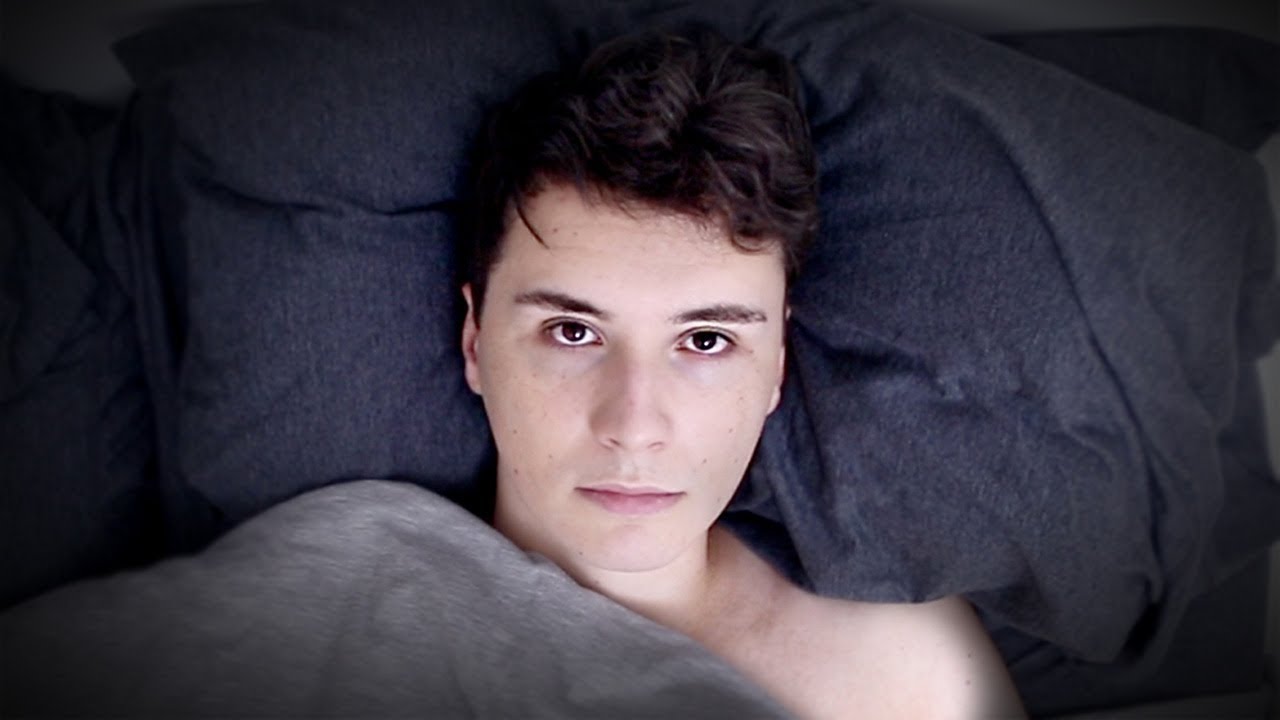I’ve turned to YouTube for funny videos that brighten my day since sixth grade. YouTube is incredibly portable and accessible, making it one of my social media platforms of choice. Once connected to wifi, I can watch a video by myself or share it with friends and bond over it at any time of the day. I still use YouTube for the same reasons today. Yet my taste in YouTubers has notably changed over time. I am no longer satisfied with the crude humor of YouTubers like Shane Dawson. As I begin to understand how complex the world is, I am interested in content that makes me question my perception of society like the work of Dylan Marron. But a YouTuber who has stayed consistent in my subscriptions is Daniel Howell, formerly known as danisnotonfire.

Dan is known for his self-deprecating and depressed humor in his videos, where he philosophizes on his awkward social interactions and life’s greater meaning. He is one of the most well-known vloggers on the site at more than 6.5 million subscribers, and has kept a growing fan base as he and his close friend and collaborator AmazingPhil have expanded their platform by hosting a radio show, going on tour with a theatrical production, and authoring two books.
Over time, it became known that a fair share of Dan and Phil’s fans are young girls who are emo or depressed. I was shocked, as I didn’t consider myself any sadder than the next girl. And yet there was a way that Dan’s heavier jokes connected with me that was unusual for a comedian. I started to question why I found Dan so easy to relate to one day when I discussed his sense of humor with a friend my senior year of high school. This friend has anxiety, and one day during lunch she shared how she appreciated how another YouTuber, the makeup artist Zoella, was open about her struggles with panic disorder in a way that felt natural to her content. I let her know I agree that representation is important and brought up Dan’s dark jokes as another example of a YouTuber who recognizes it is okay to not be okay. My friend stopped me, saying it is clear Dan had depression and that his jokes were serious. I had never thought something was wrong with Dan’s line of thinking and was troubled by what that said about my own mental state.
Three years later, I am diagnosed with major depression and prescribed medication. The day after I went through the stressful ordeal of getting professional help for my worsening mood, Dan uploaded a video for World Mental Health Day titled “Daniel and Depression“.

Not only was I inspired by Dan’s courage in sharing his story about a topic that is still stigmatized today, but I was moved by how he was able to do it while maintaining his signature comedy and tone. I felt less alone in my journey to overcome my own depression by hearing Dan’s story, and this was in no small part due to the fact he presented his experience as another part of his life that did not deserve to be treated differently than any other part of his life that he feels comfortable sharing online. The video made me feel like I was getting to know a distant friend better, and not like I was watching a lecture presented by someone who feels self-righteous for bringing up an issue that is known to be hard to talk about.
In light of the criticism YouTube has been receiving for its new policies on video monetization and restriction, I am aware now more than ever of how easy it is for platforms that are made to give a voice to people can be limited and taken away. I hope the Internet continues to be an increasingly interactive medium that brings the world closer. It’s the only way some people may see themselves represented in an environment that sees their struggles as taboo.



Leave a Reply
Be the First to Comment!